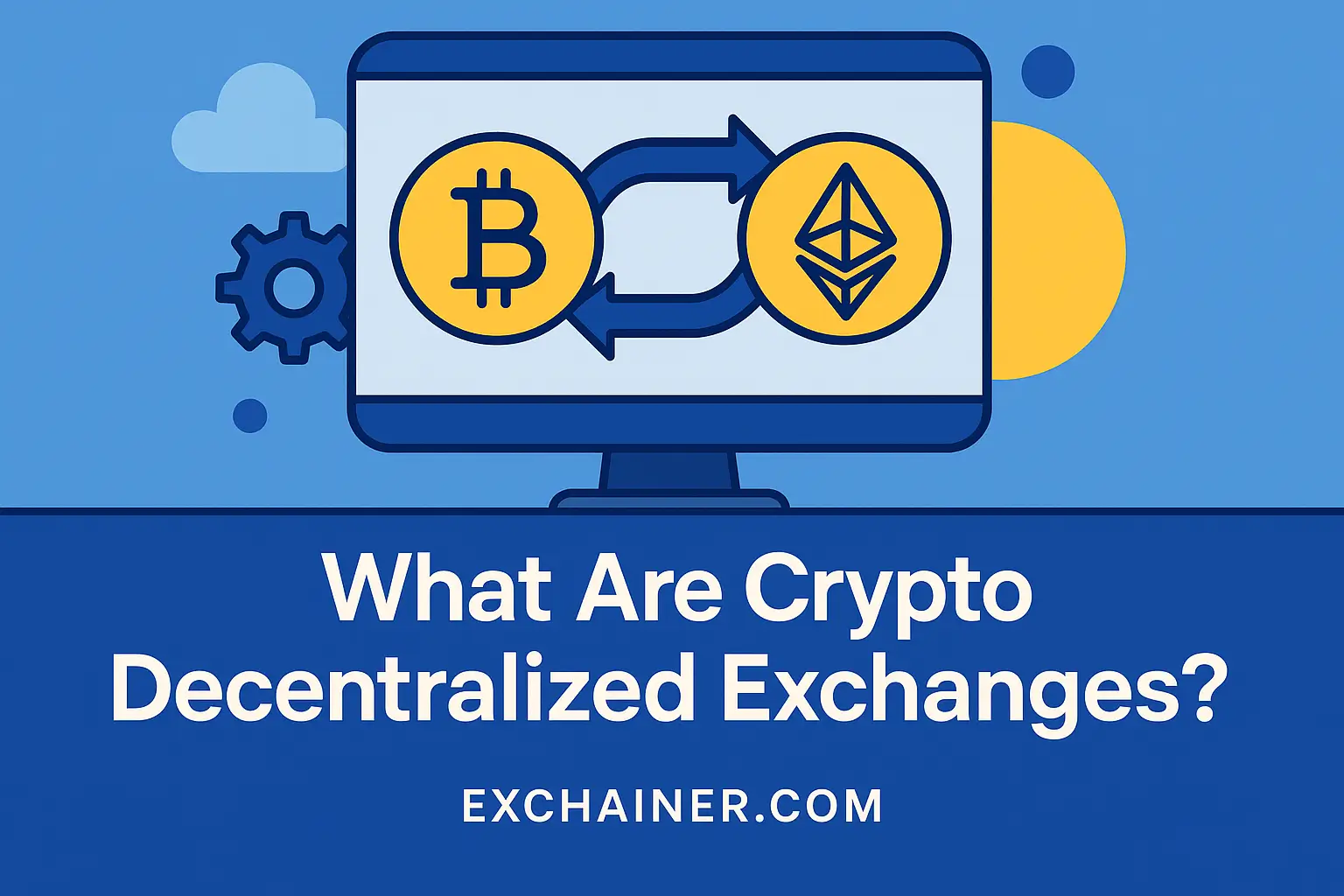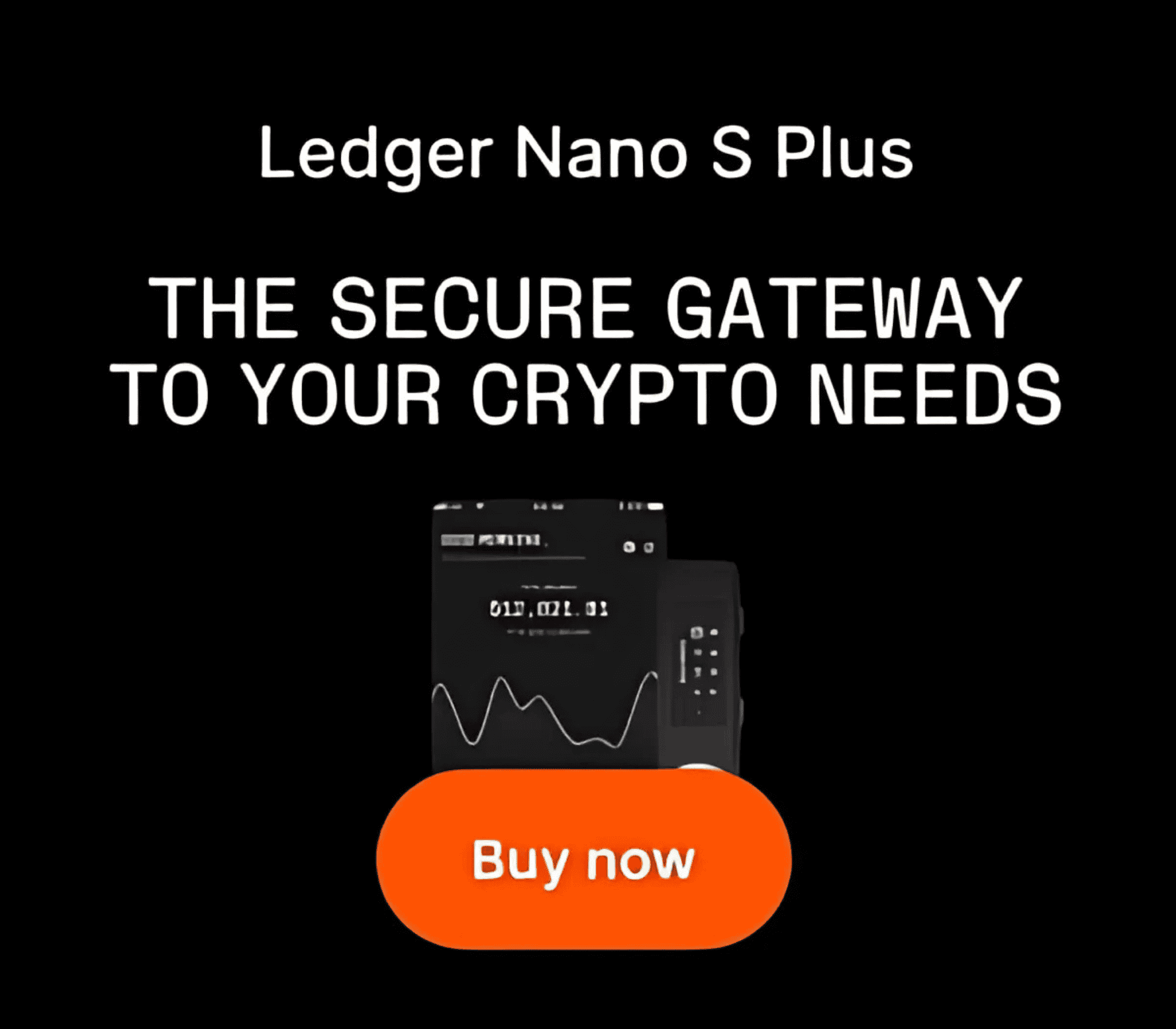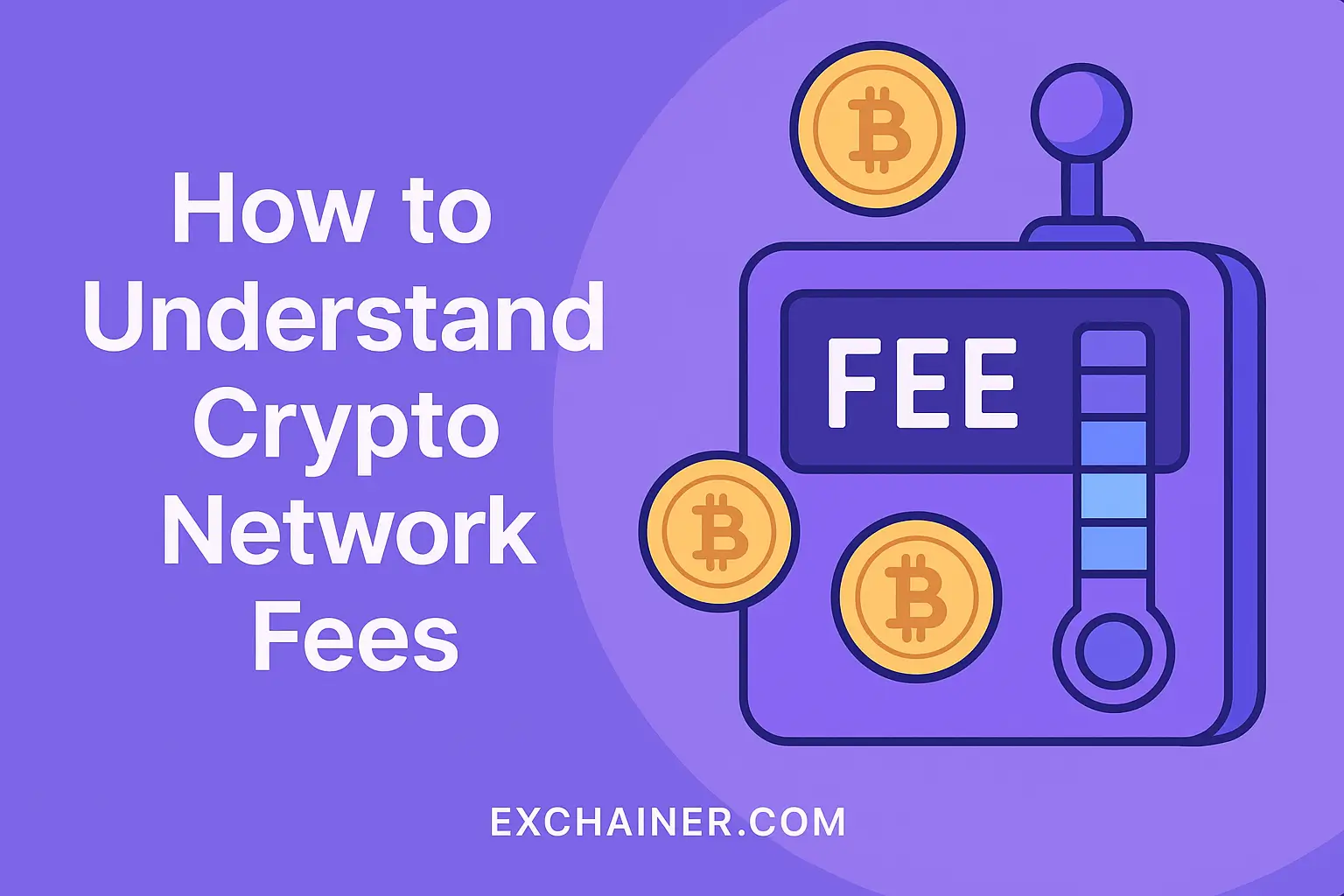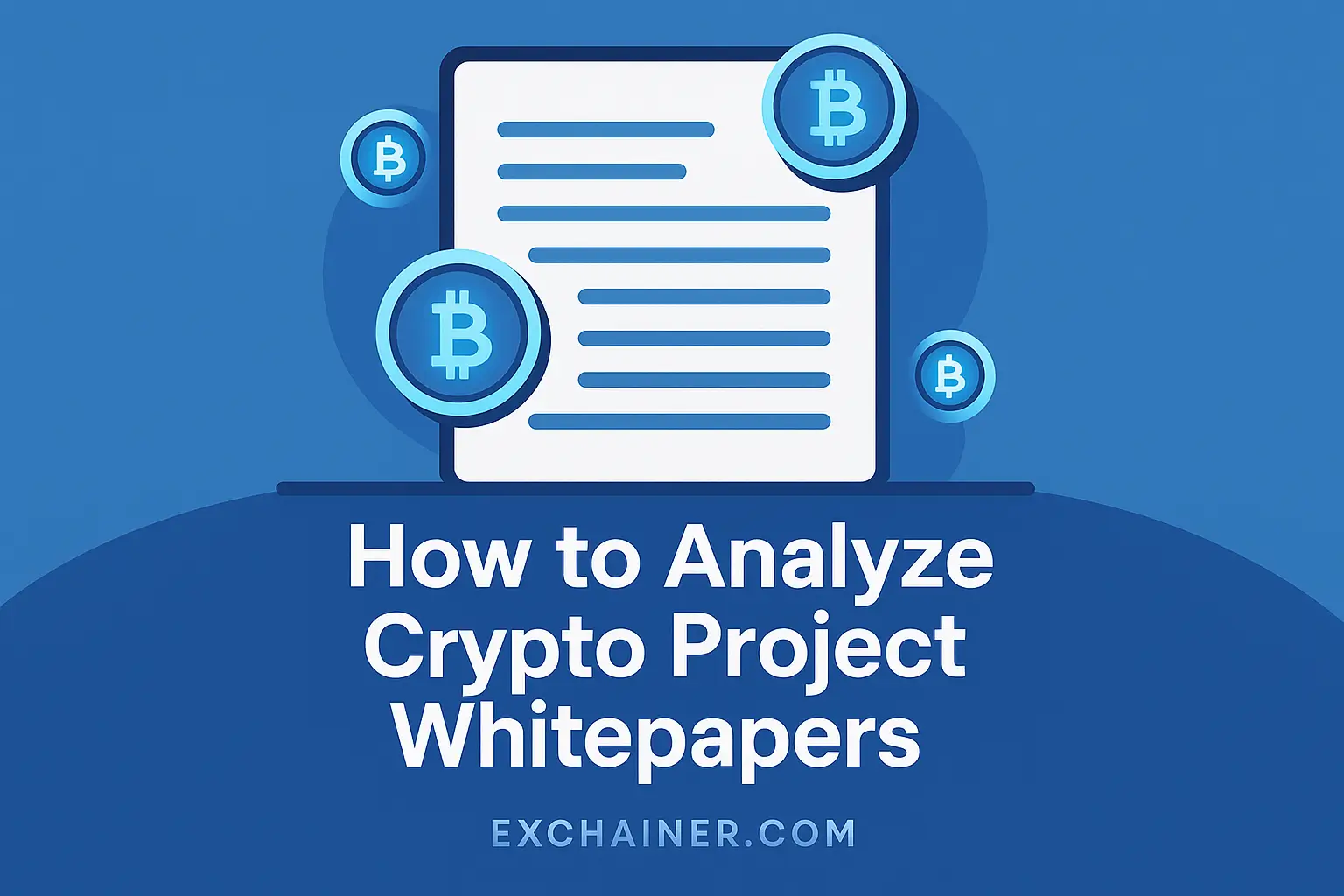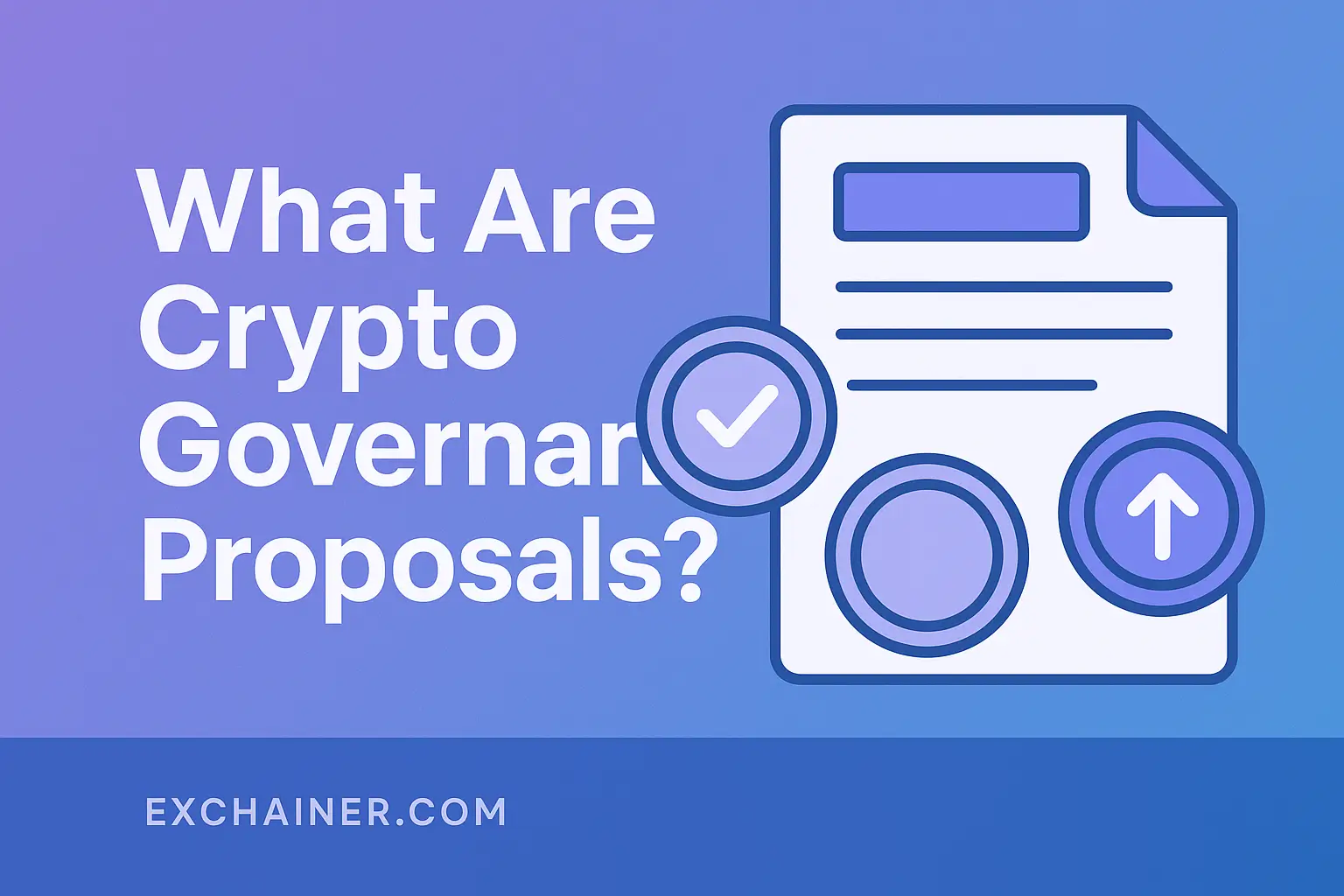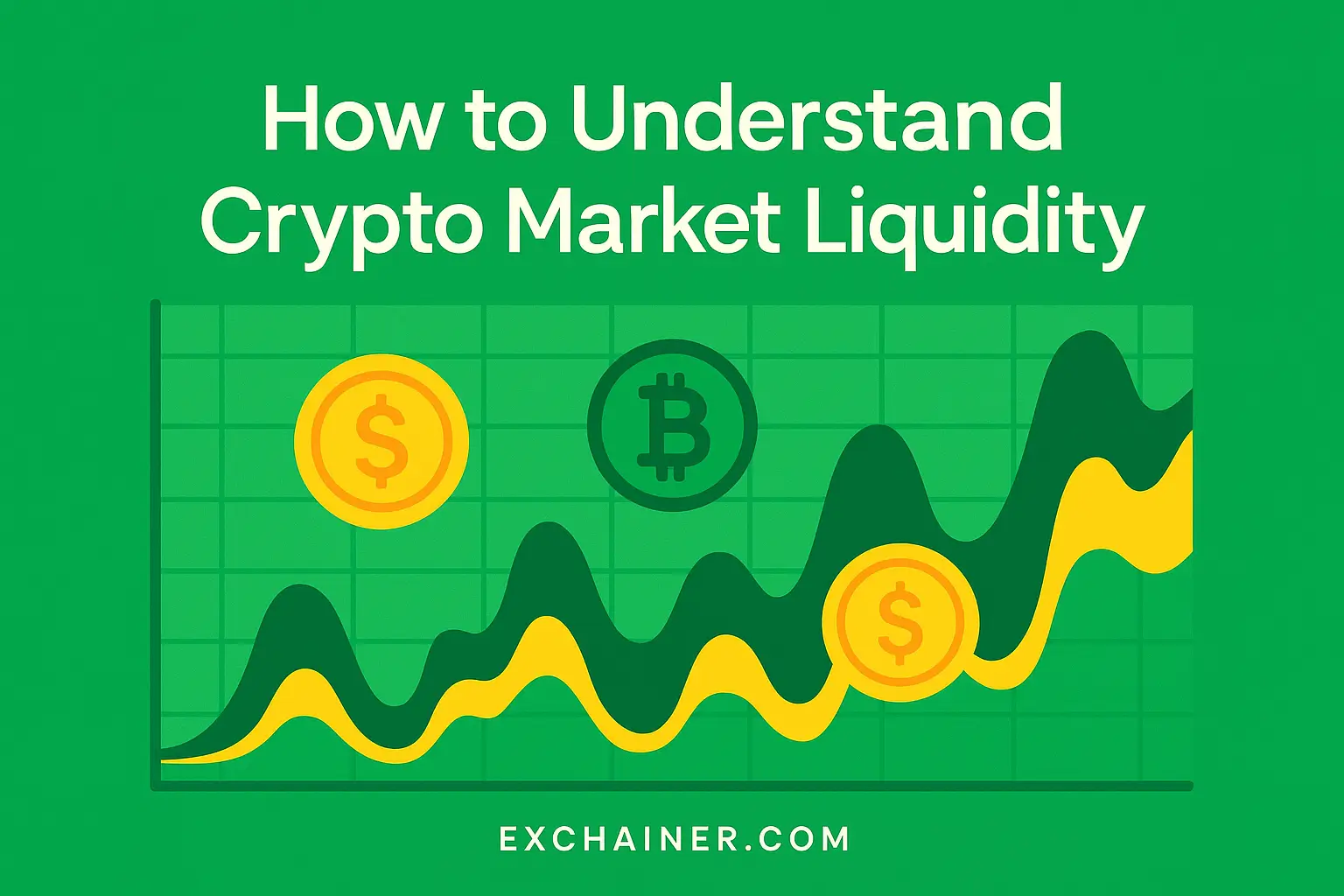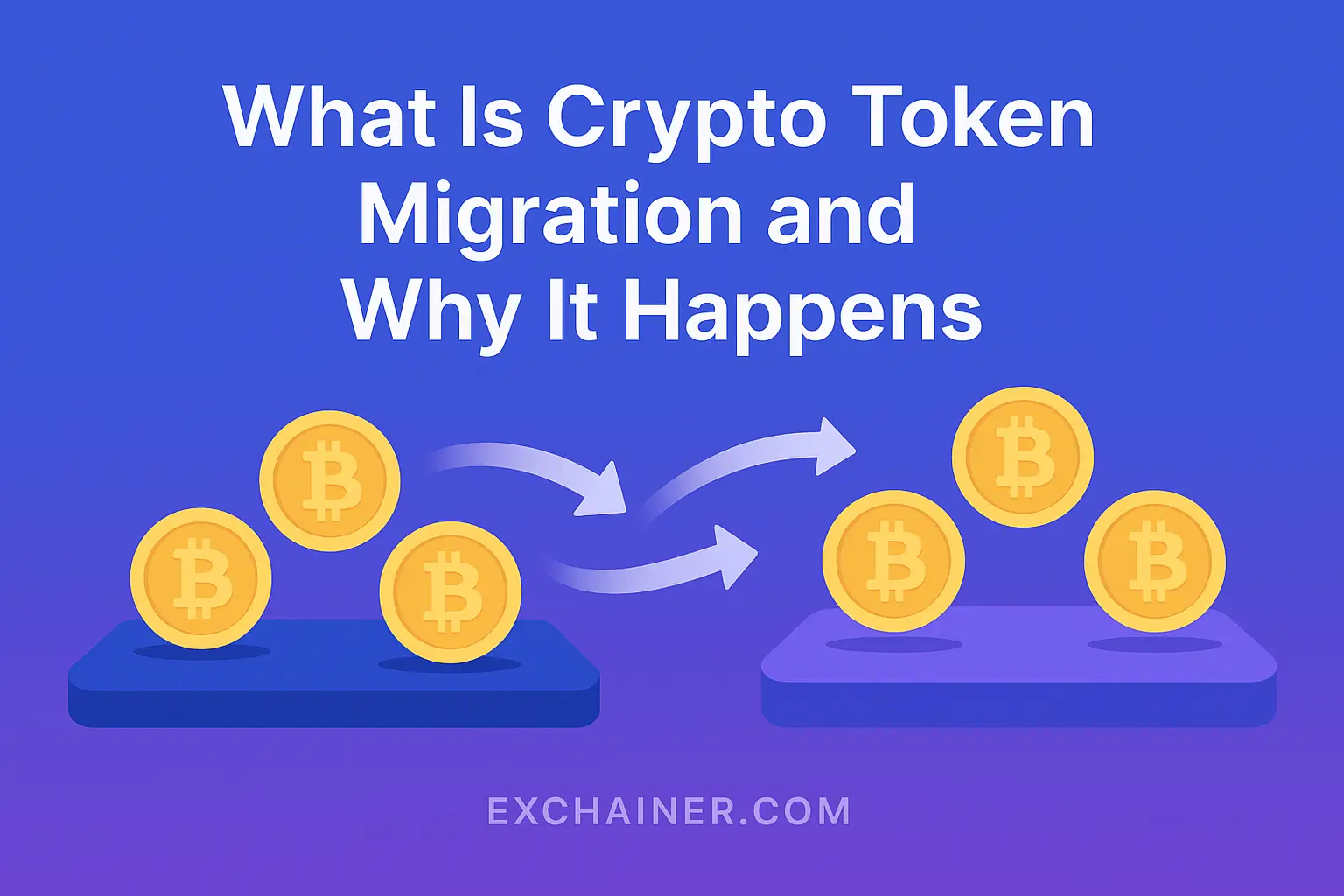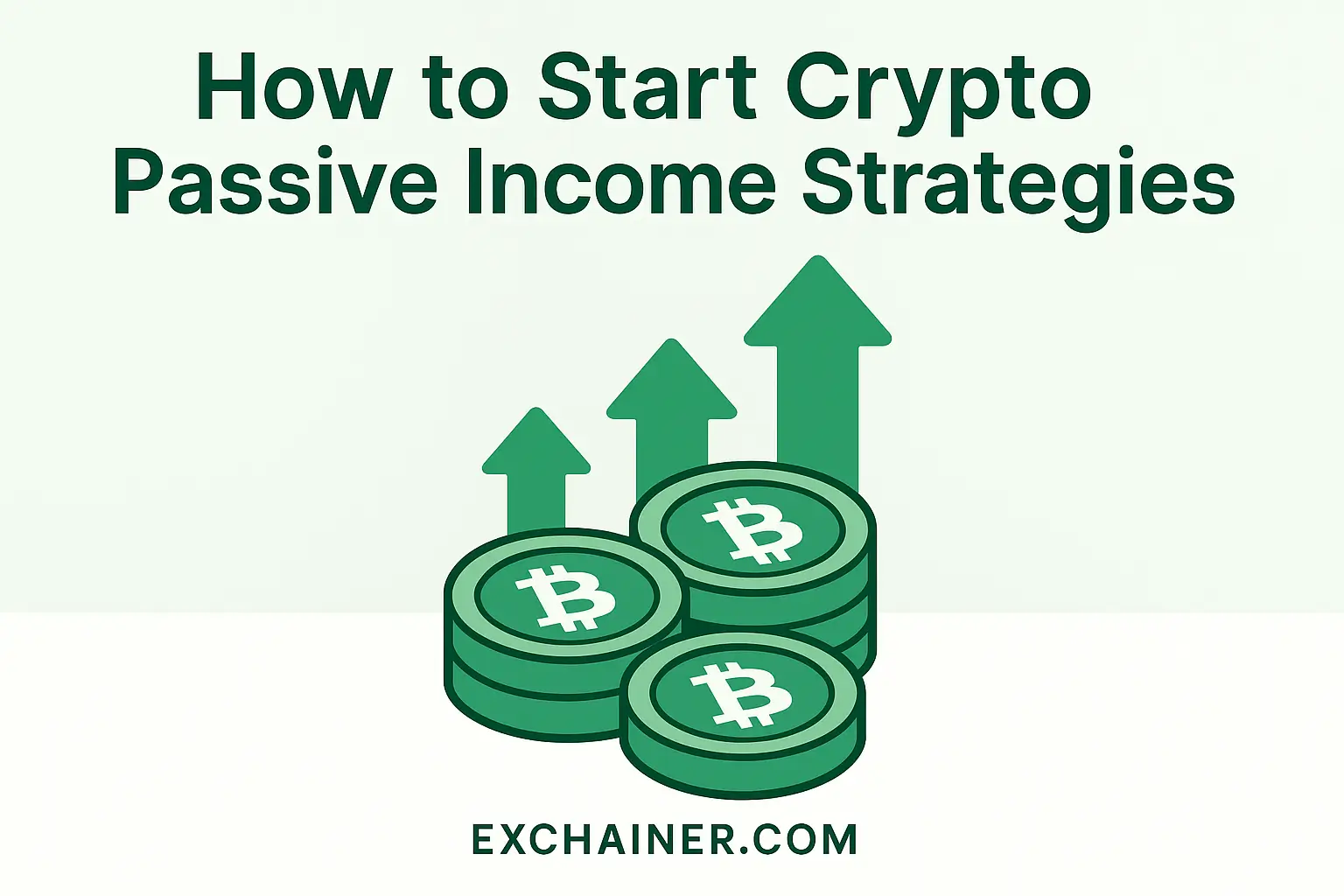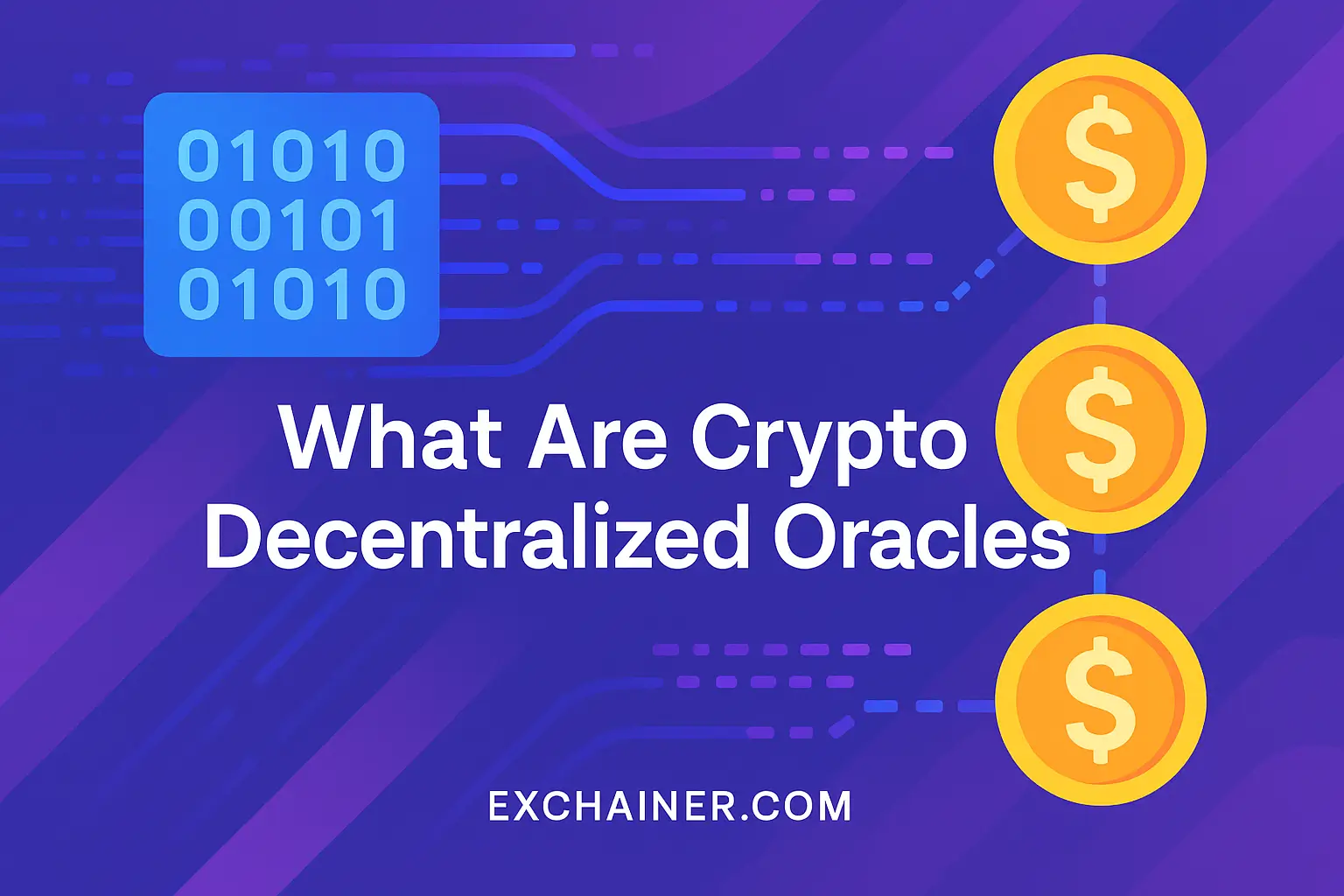If you’ve been following the crypto world, you’ve probably heard the buzz about decentralized exchanges. They are shaking up how people buy, sell, and trade digital currencies by cutting out the middlemen and putting power back into your hands. Wondering what the fuss is all about? Grab a cup of coffee and dive in because understanding decentralized exchanges is a game changer for anyone interested in cryptocurrency basics.
Cryptocurrency trading has come a long way since the early days when centralized exchanges dominated the scene. But centralized platforms have their pitfalls—think hacks, account freezes, and withdrawal limits. Decentralized exchanges, or DEXs, aim to solve many of these problems by operating without a central authority. This means more control for you and potentially a safer, more transparent way to trade your digital assets.
In this article, we’ll walk you through what decentralized exchanges are, how they work compared to traditional platforms, and why many crypto enthusiasts are embracing them. Whether you’re a crypto newbie or someone looking to deepen your knowledge, by the end of this guide, you’ll see why decentralized exchanges are an essential piece of the crypto puzzle.
What Are Decentralized Exchanges?
At their core, decentralized exchanges are trading platforms that operate without a central authority managing user funds or transactions. Unlike centralized exchanges where you deposit your funds and trust the platform to manage trades and withdrawals, DEXs allow you to keep control of your wallet and trade directly from it.
How does this work? Decentralized exchanges use smart contracts—self-executing pieces of code running on blockchain networks—to automate the trading process. This means trades happen peer-to-peer (P2P) without the need to trust a middleman. Popular blockchains like Ethereum enable many of these smart contracts, allowing DEXs to be fully autonomous and transparent.
In simple terms, a decentralized exchange is like a marketplace where buyers and sellers meet directly, rather than shopping through a store owner who controls the inventory and sets the rules. This peer-to-peer setup reduces the risk of theft or censorship and enhances privacy.
Decentralized vs Centralized Exchanges: Key Differences
Understanding the fundamental differences between decentralized and centralized exchanges is key:
Custody of funds: Centralized exchanges hold your funds on your behalf, which means you trust them with your money. Decentralized exchanges let you maintain custody, as your assets stay in your wallet until the trade executes.
Security: Centralized platforms are common targets for hackers because they store massive amounts of funds in one place. DEXs, with no central treasury and distributed architecture, present less lucrative hacking targets.
Privacy: Centralized exchanges require extensive KYC (Know Your Customer) verification. Decentralized exchanges often require little to no personal info, making them attractive for privacy-focused traders.
Liquidity and Speed: Centralized exchanges generally have higher liquidity, enabling faster trades and less slippage. However, recent innovations in decentralized exchanges, such as liquidity pools and automated market makers, have significantly improved their trading experience.
How Decentralized Exchanges Work: The Mechanics Behind DEXs
To get a clearer picture, let’s break down how trading happens on a decentralized exchange.
1. Wallet Connection
First, you’ll need a compatible crypto wallet like MetaMask, Trust Wallet, or Ledger. Think of the wallet as your personal bank that you own and control. When you connect your wallet to the DEX’s website, you don’t hand over your funds—you just authorize the smart contract to interact with your balance for trading.
2. Trading via Smart Contracts
Once connected, you can place orders directly on the blockchain. Instead of a centralized database, your trade details execute through smart contracts. These contracts automatically enforce the rules of the transaction and confirm trades without human intervention.
3. Liquidity Pools and Automated Market Makers
Many decentralized exchanges use liquidity pools: crowdsourced reserves of tokens pooled by users who earn fees in return. When you trade on a DEX like Uniswap or SushiSwap, you’re swapping tokens directly with these pools instead of matching with a specific buyer or seller. Automated market makers (AMMs) calculate token prices based on supply and demand within these pools.
This system means you can trade any supported pair instantly, without waiting for a buyer or seller to appear. It’s like having a vending machine for tokens—always ready for your next swap.
4. Transaction Finality and Gas Fees
All trades on decentralized exchanges occur on the blockchain, so they require transaction fees (gas) paid to miners or validators. These fees vary depending on the network’s activity. Once included in a block, the trade is final and immutable, adding to security.
Benefits and Challenges of Decentralized Exchanges
Benefits
1. Full Control Over Your Funds: With DEXs, you are the custodian of your assets. No more worries about an exchange freezing your funds or being hacked and losing your investments.
2. Greater Privacy: Minimal or zero KYC requirements mean you can trade more anonymously, which is appealing for privacy-conscious users.
3. Censorship Resistance: Since there’s no central authority, your ability to trade isn’t subject to government or platform restrictions.
4. Access to New Tokens: Decentralized exchanges list tokens faster and with fewer barriers, allowing early access to promising projects before they hit major centralized platforms.
Challenges
1. User Experience: DEXs can be intimidating for beginners who aren’t used to self-custody wallets or gas fees. The interface might feel complex initially.
2. Liquidity Issues: Not all tokens have ample liquidity on every DEX, which can lead to price slippage or failed trades.
3. Transaction Costs: On networks like Ethereum, gas fees can surge during peak times, making small trades costly.
4. Limited Features: Some DEXs lack advanced order types or customer support common in centralized exchanges.
Practical Tips for Beginner Traders Using Decentralized Exchanges
If you’re venturing into decentralized trading, keep these pointers in mind:
Always double-check URLs and use official DEX websites. The crypto space has phishing scams mimicking popular DEXs.
Start small to get comfortable with wallet connections, transaction fees, and trade completions. Avoid large trades until you feel confident.
Use hardware wallets for added security. While convenient, browser wallets are less secure against hacking risks.
Monitor gas prices and trade during off-peak hours to save on fees. Websites like Etherscan Gas Tracker help track current gas fees.
Take advantage of liquidity pools by considering becoming a liquidity provider if you want to earn passive income. However, research impermanent loss risks carefully beforehand.
The Future of Decentralized Exchanges
Decentralized exchanges are evolving rapidly, powered by innovations like layer 2 scaling solutions, cross-chain bridges, and improved user interfaces. Projects like Uniswap v3, PancakeSwap, and emerging cross-chain DEXs seek to bridge usability gaps and offer faster, cheaper trades.
As regulators worldwide explore cryptocurrency rules, DEXs present a challenging area due to their decentralized nature. Yet this tension also spurs innovation and reflects the crypto ethos – autonomy for individuals.
Friends, if you’re serious about understanding crypto beyond just “what is crypto,” diving into decentralized exchanges will give you an edge in mastering how the ecosystem functions. They represent a fundamental shift towards a more liberated, transparent, and user-centric digital currency world.
Conclusion: Why You Should Explore Decentralized Exchanges Today
Decentralized exchanges are no longer the distant future—they’re here and growing stronger every day. They offer compelling advantages like full control over your crypto, enhanced privacy, and censorship resistance that centralized exchanges often can’t match. While the user experience can be a bit daunting at first, the benefits and freedom of trading directly from your wallet are undeniable.
By understanding the mechanics—smart contracts, liquidity pools, and peer-to-peer trading—you’re setting yourself up for smarter decisions in the fast-changing crypto space. Whether you want to swap tokens, find new projects early, or just keep your assets safer, decentralized exchanges are an essential piece of your crypto toolkit.
Ready to get started? Explore our detailed Crypto 101 guides to build a solid foundation. Looking for the best platforms to trade? Visit our Exchange Reviews for in-depth insights. And don’t forget to check out the latest wallets and tools on Tools and Wallets to secure and enhance your trading journey.
The crypto world is vast and exciting, and decentralized exchanges play a key role in shaping its future. Dive in, experiment carefully, and enjoy the freedom that comes with taking control of your digital assets!

